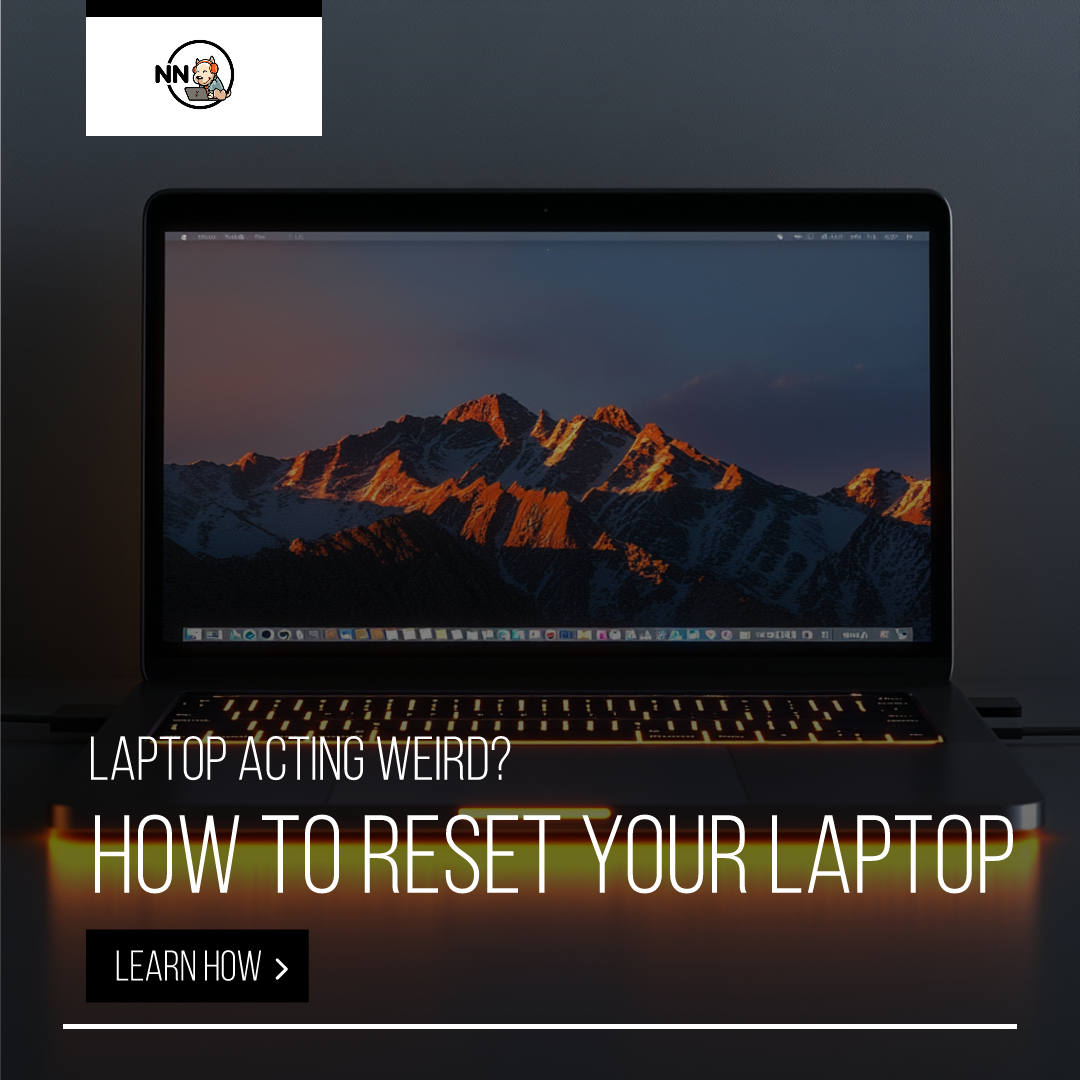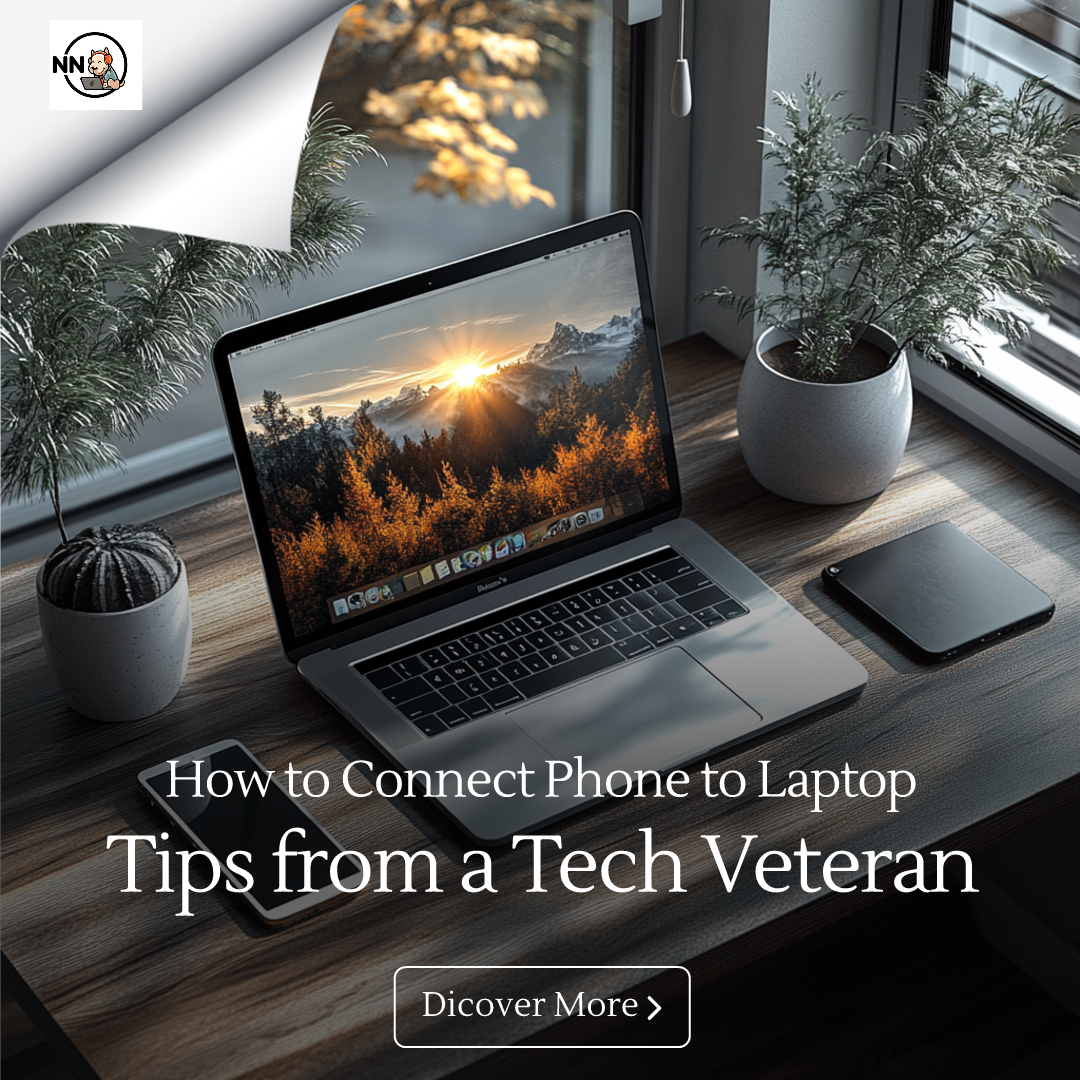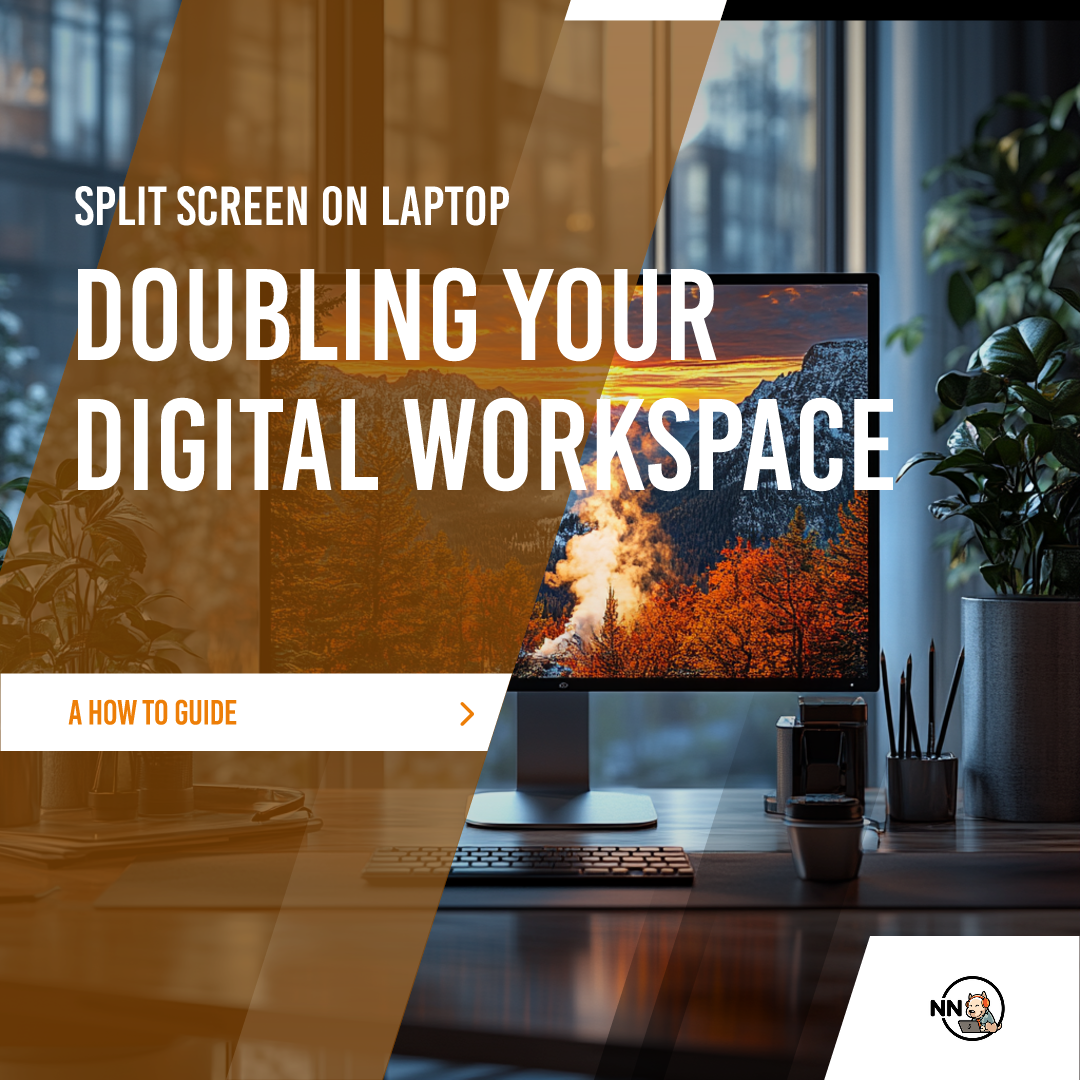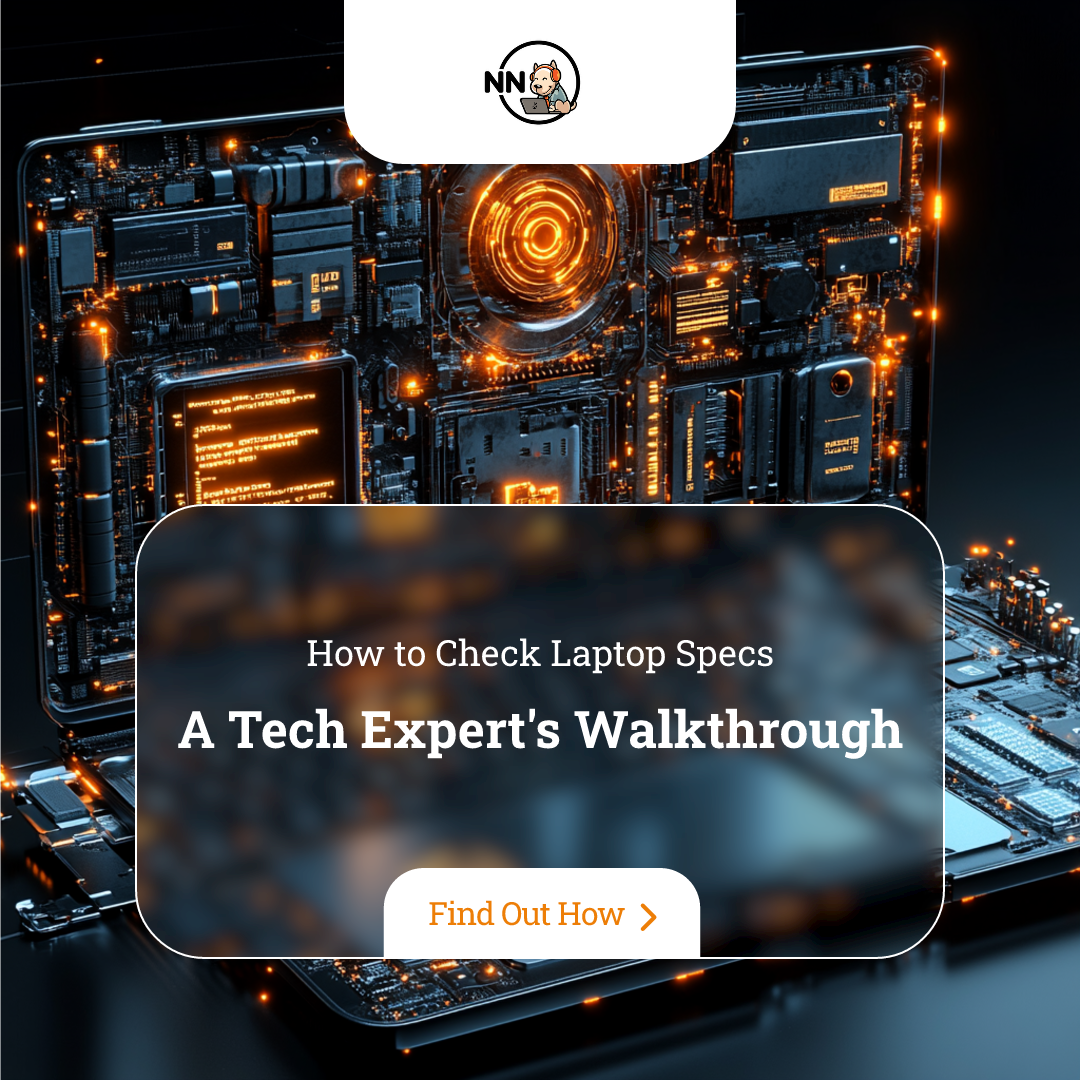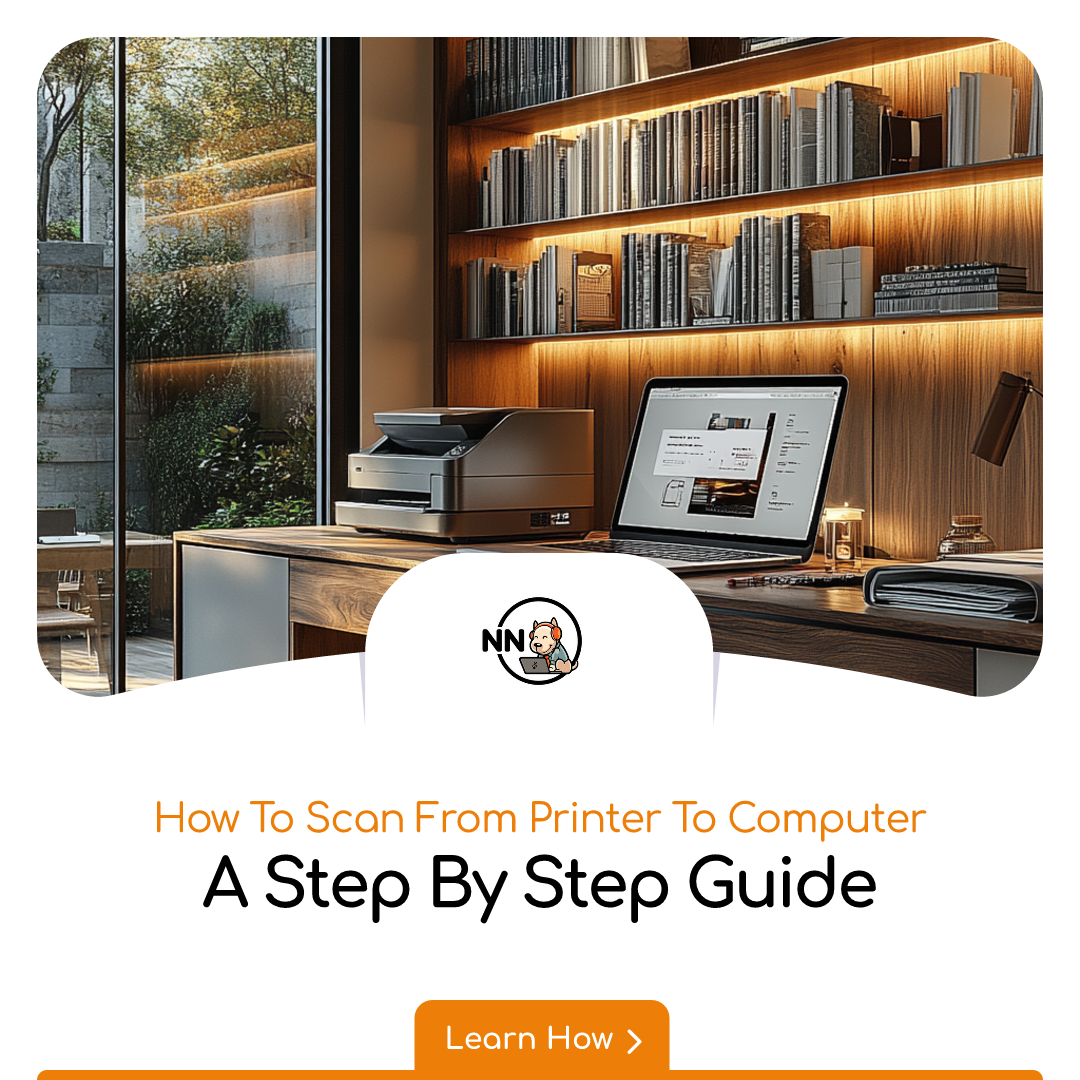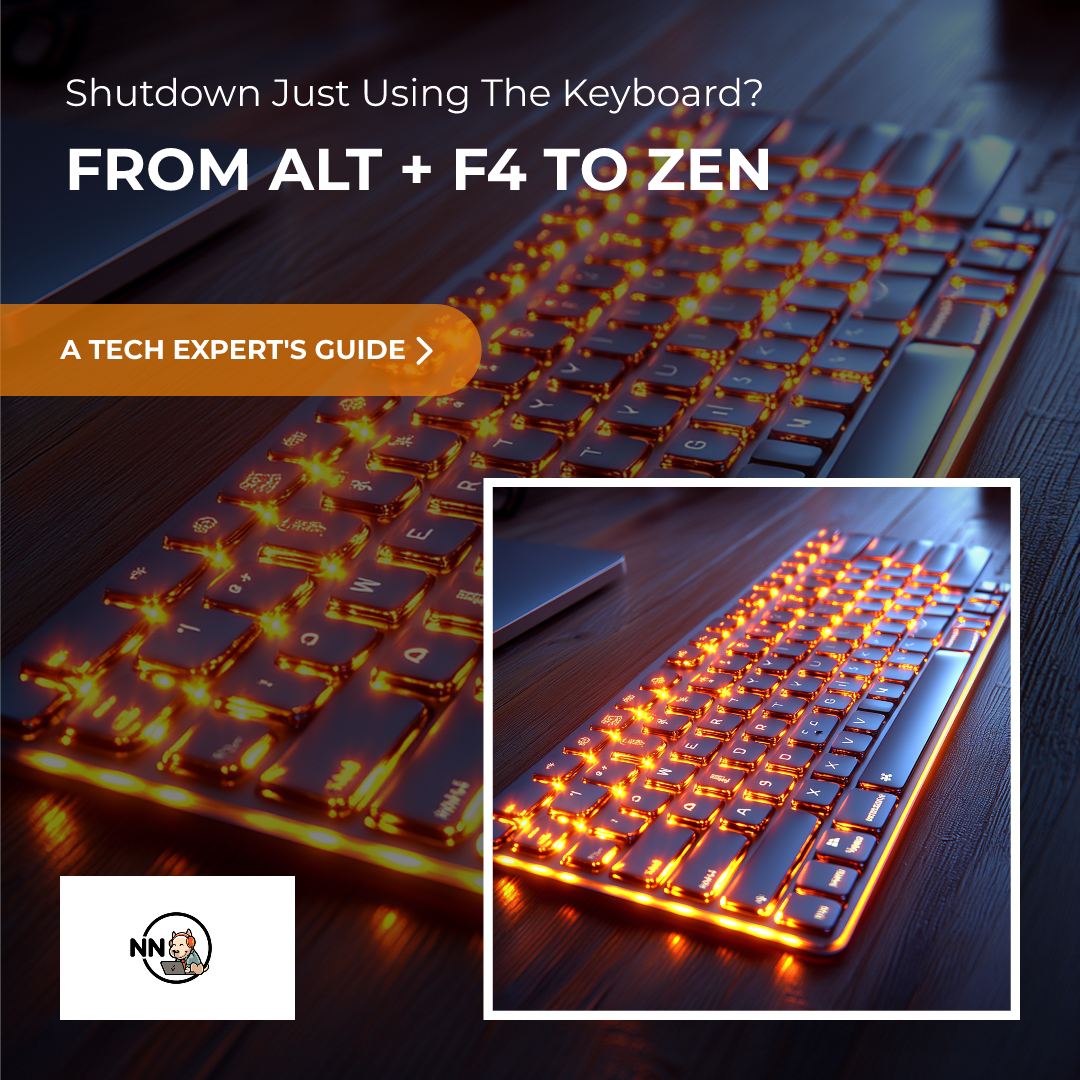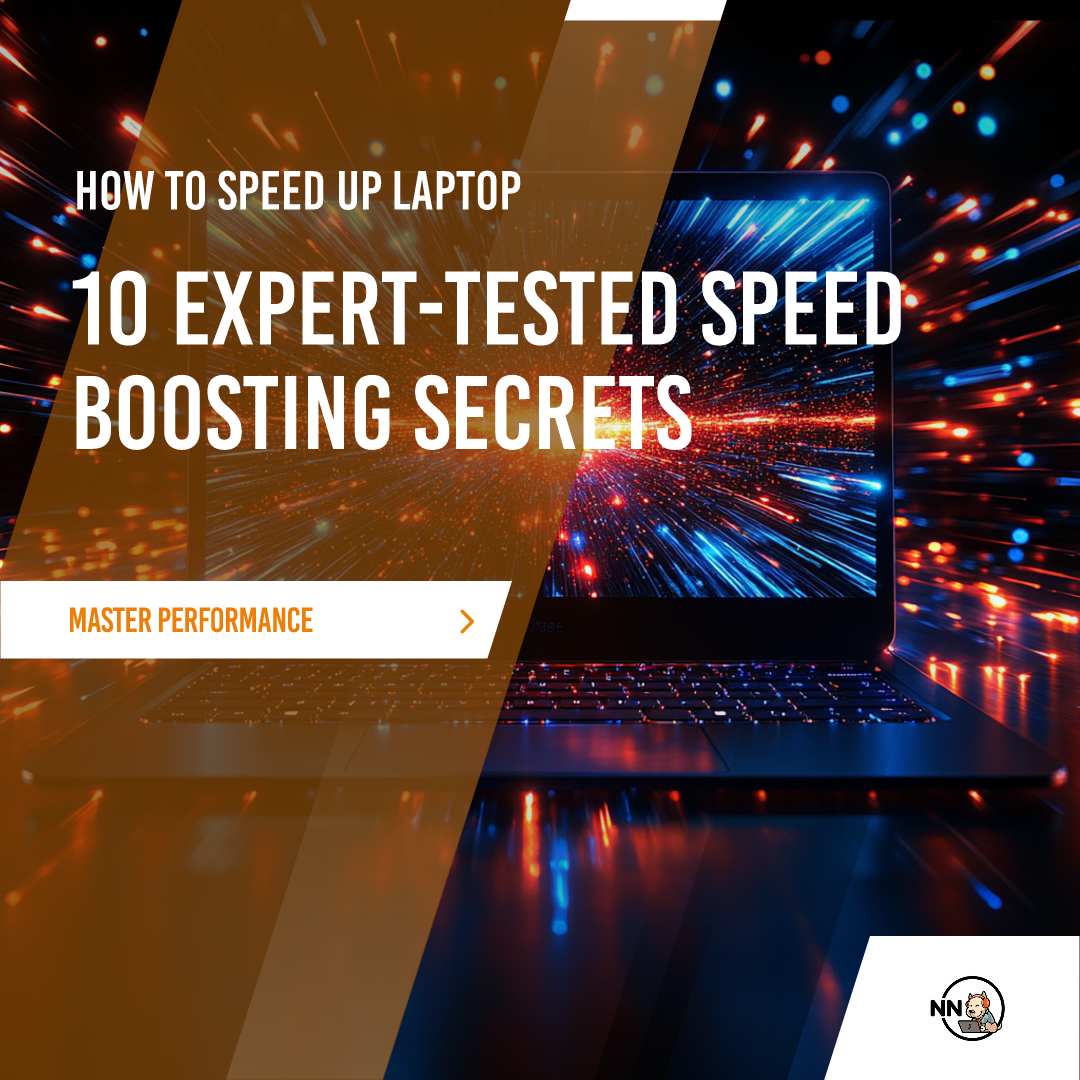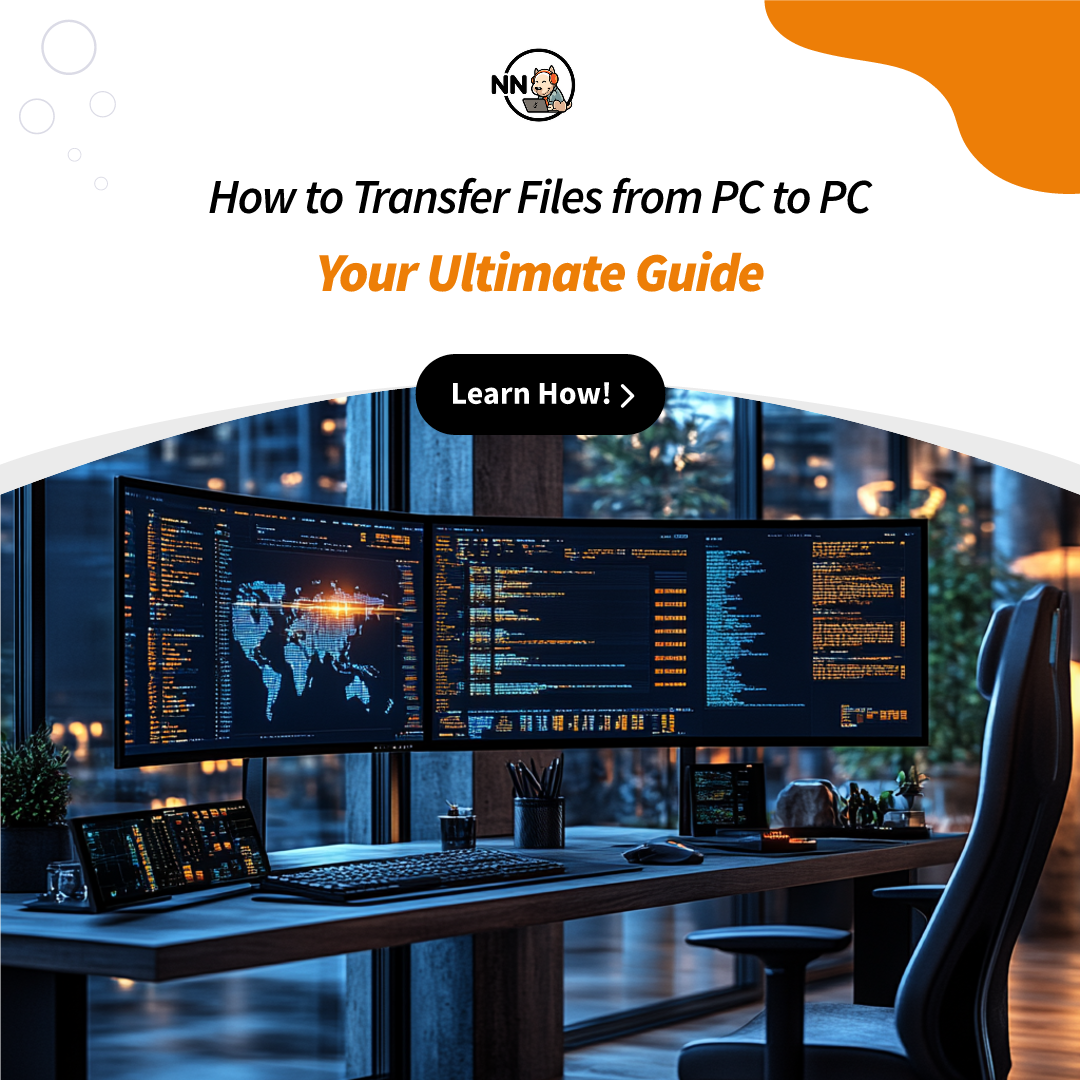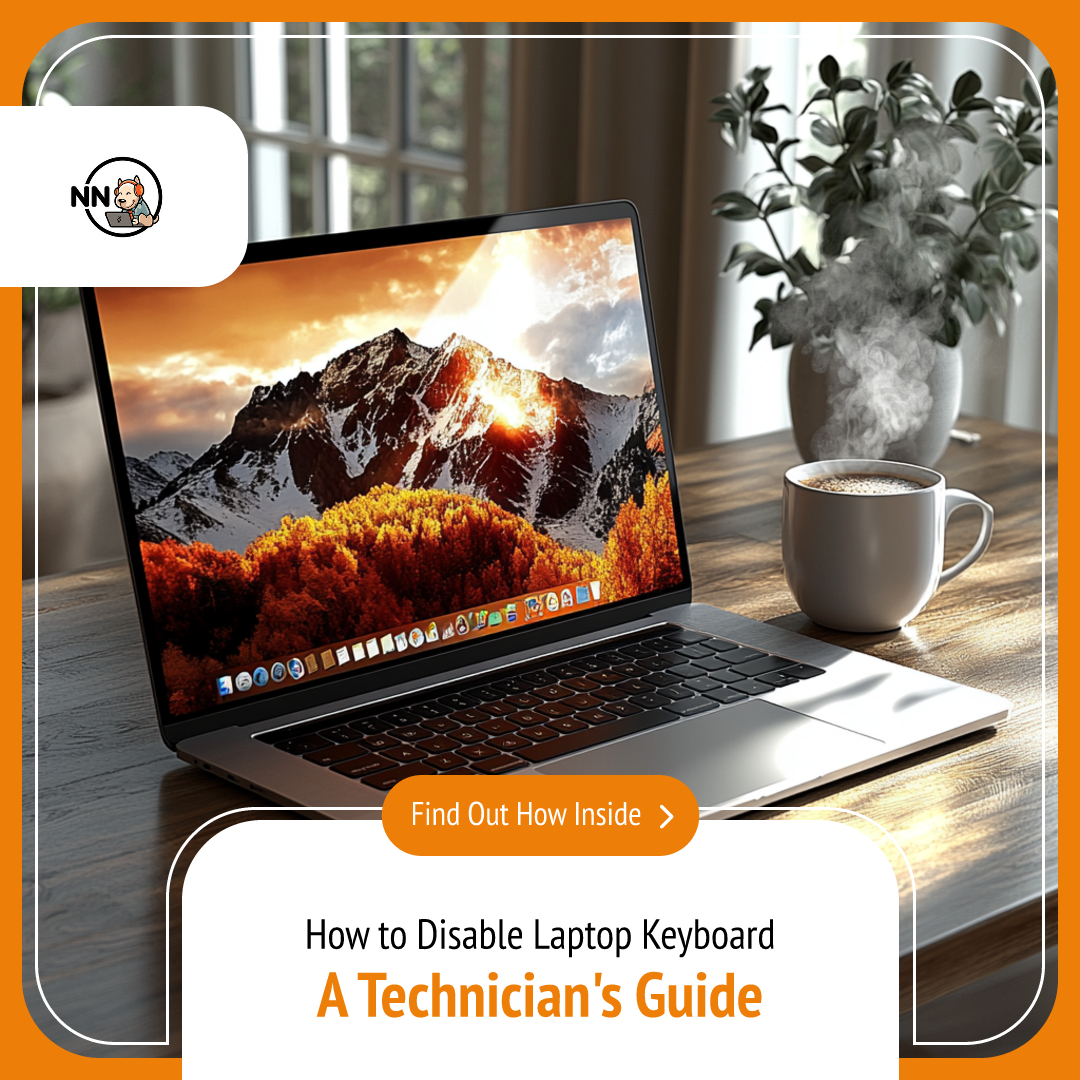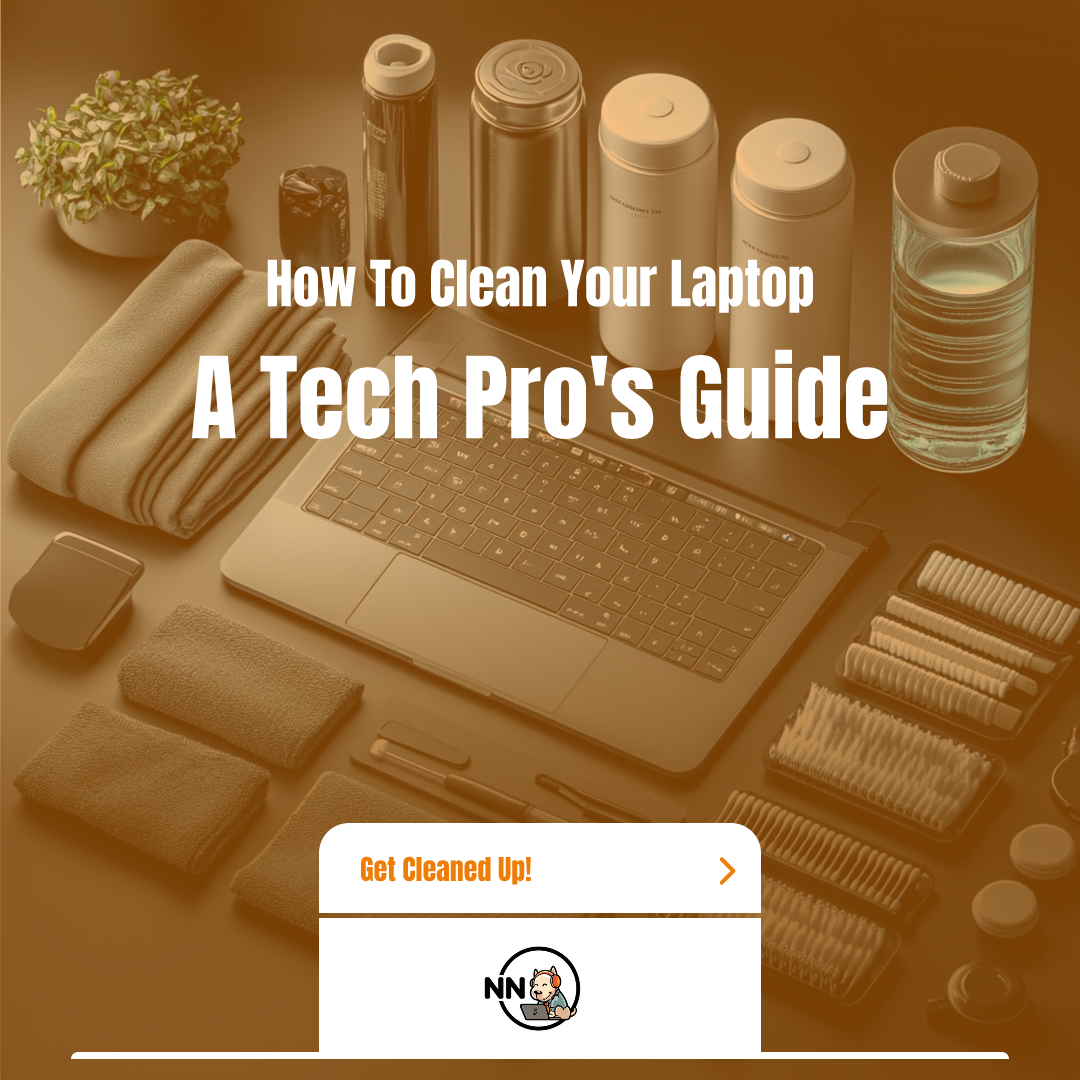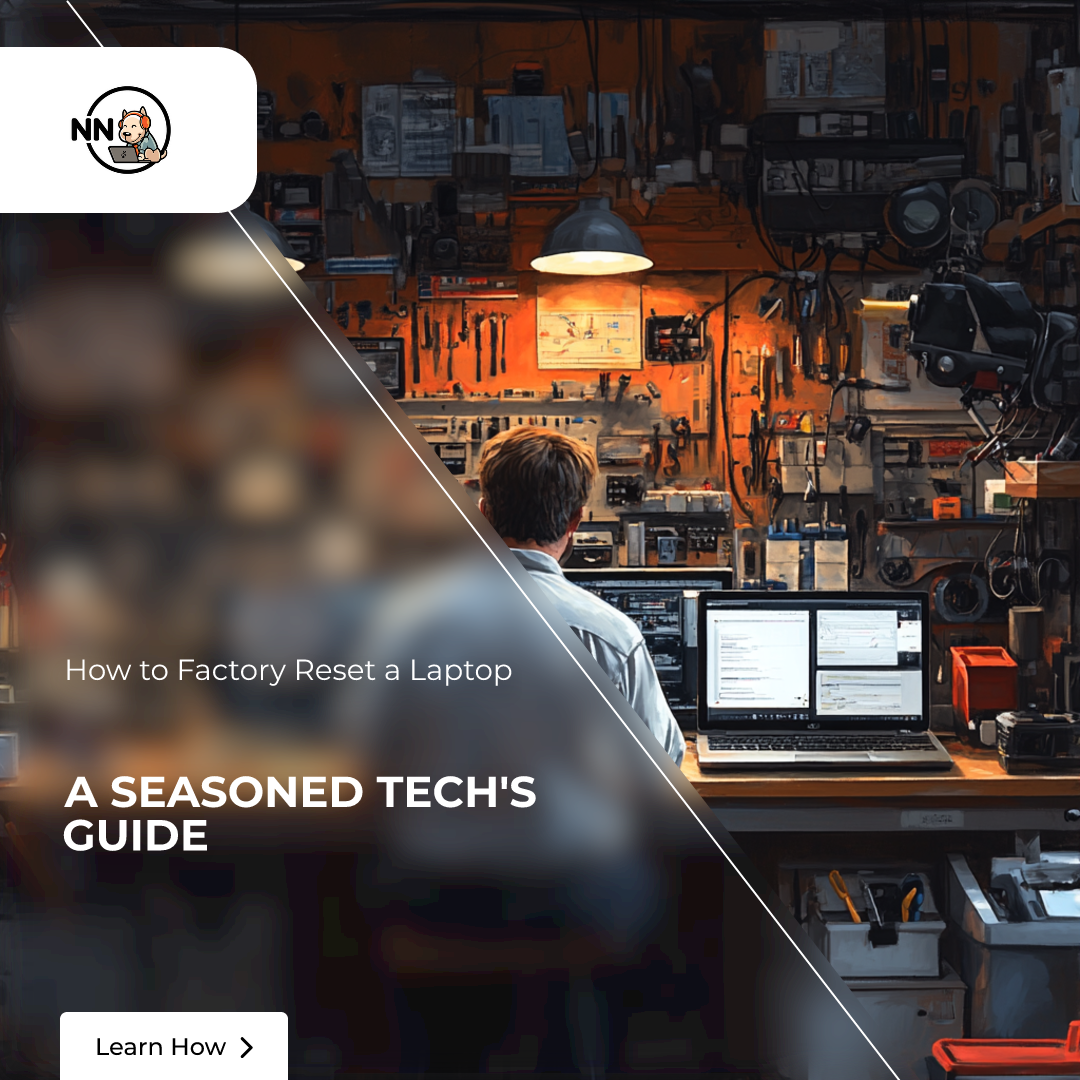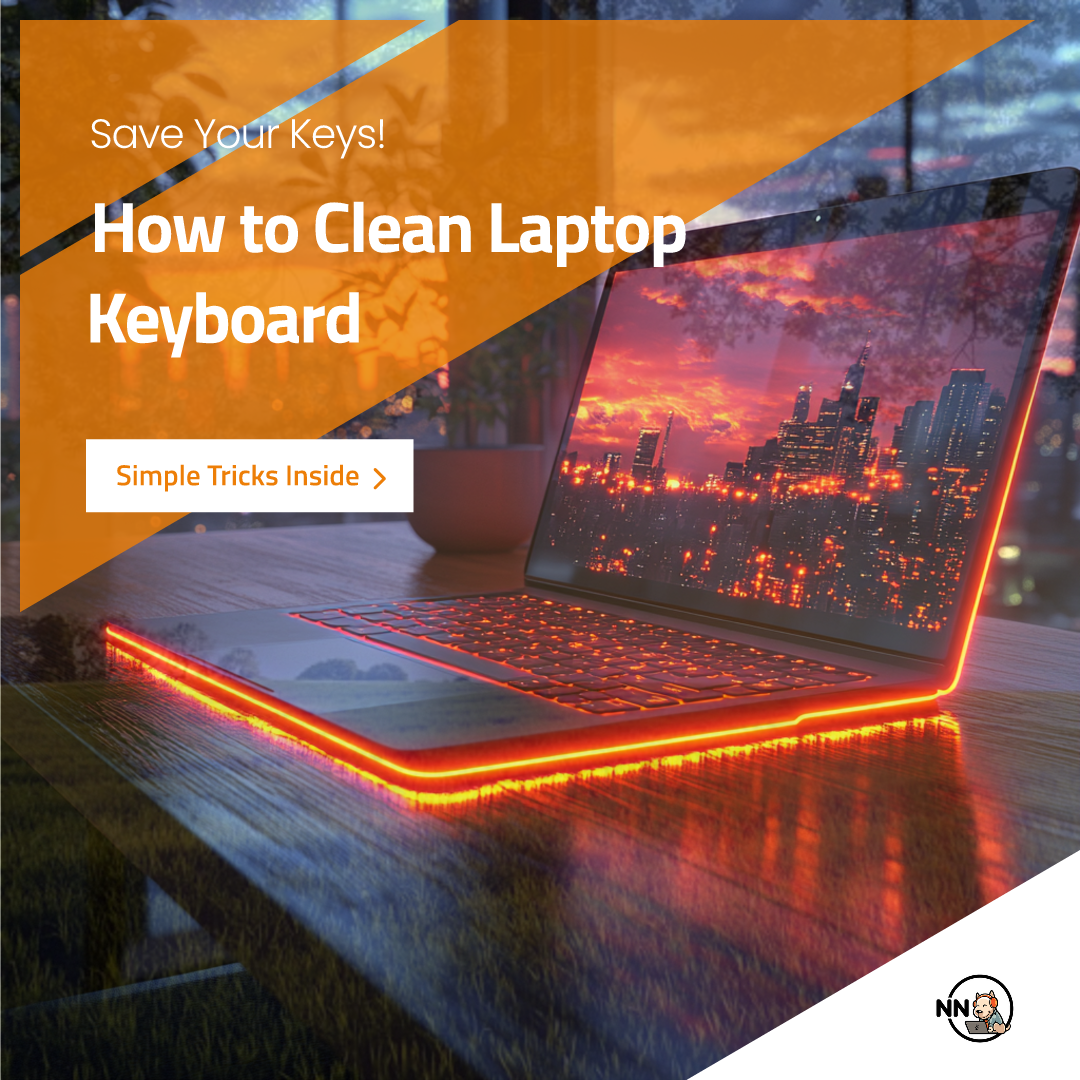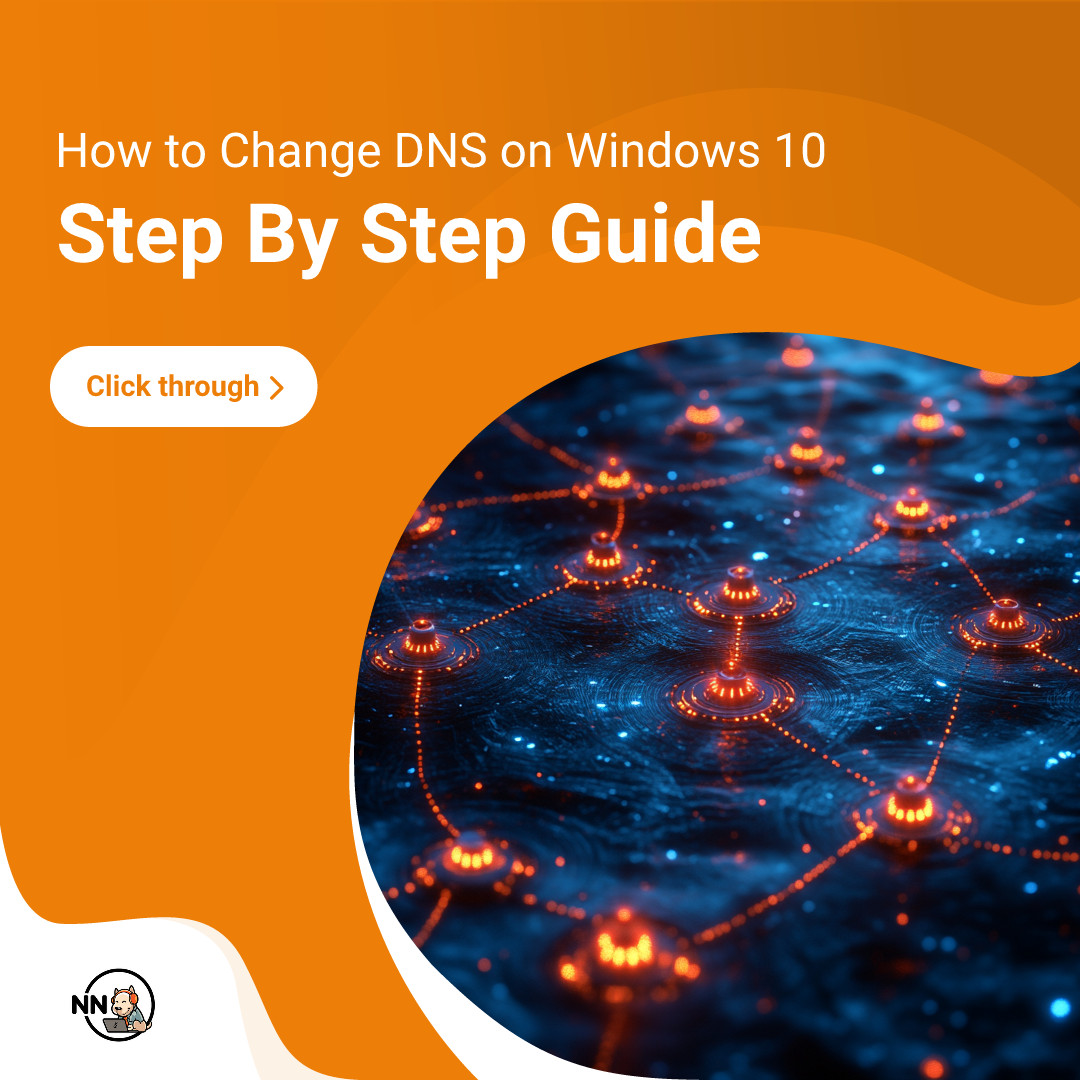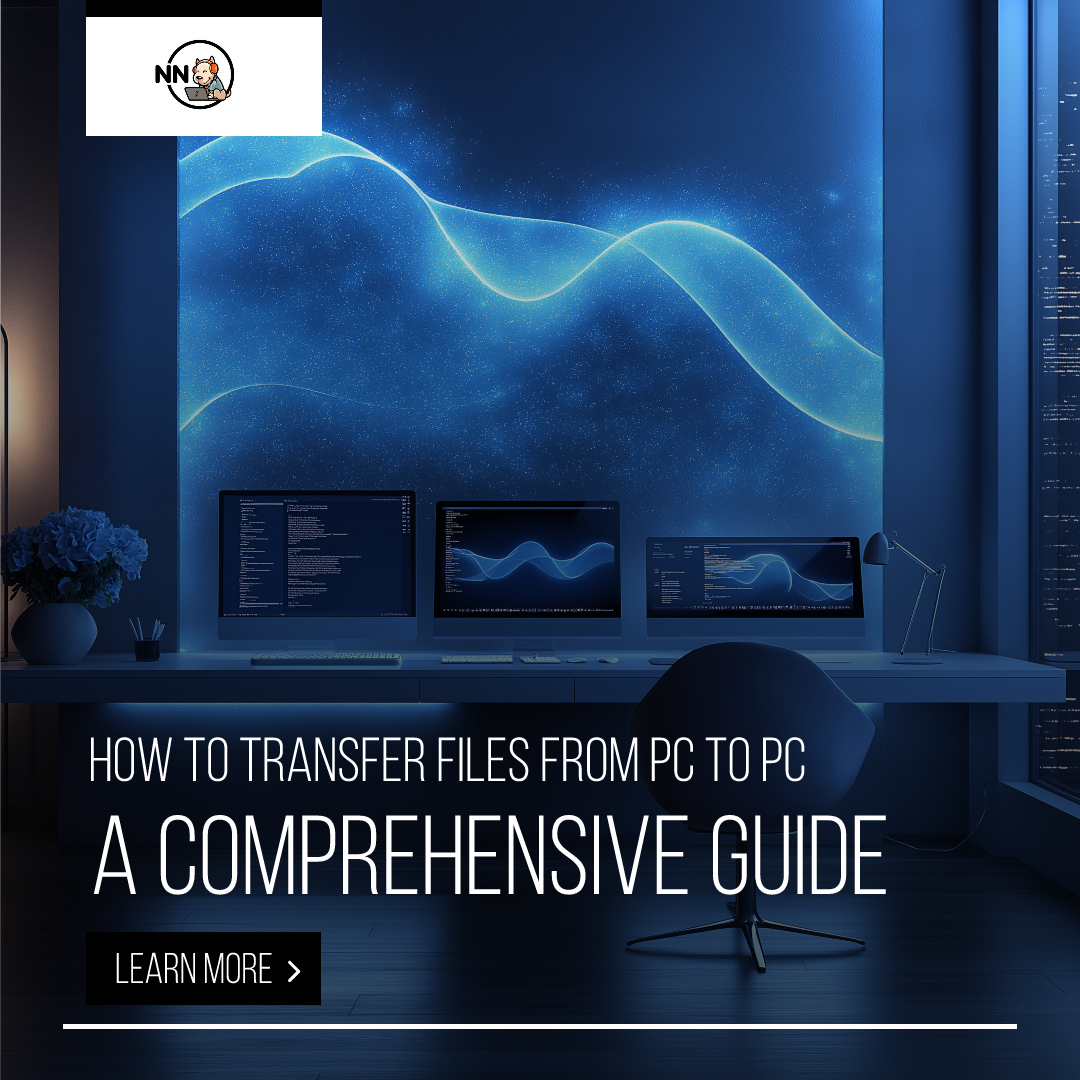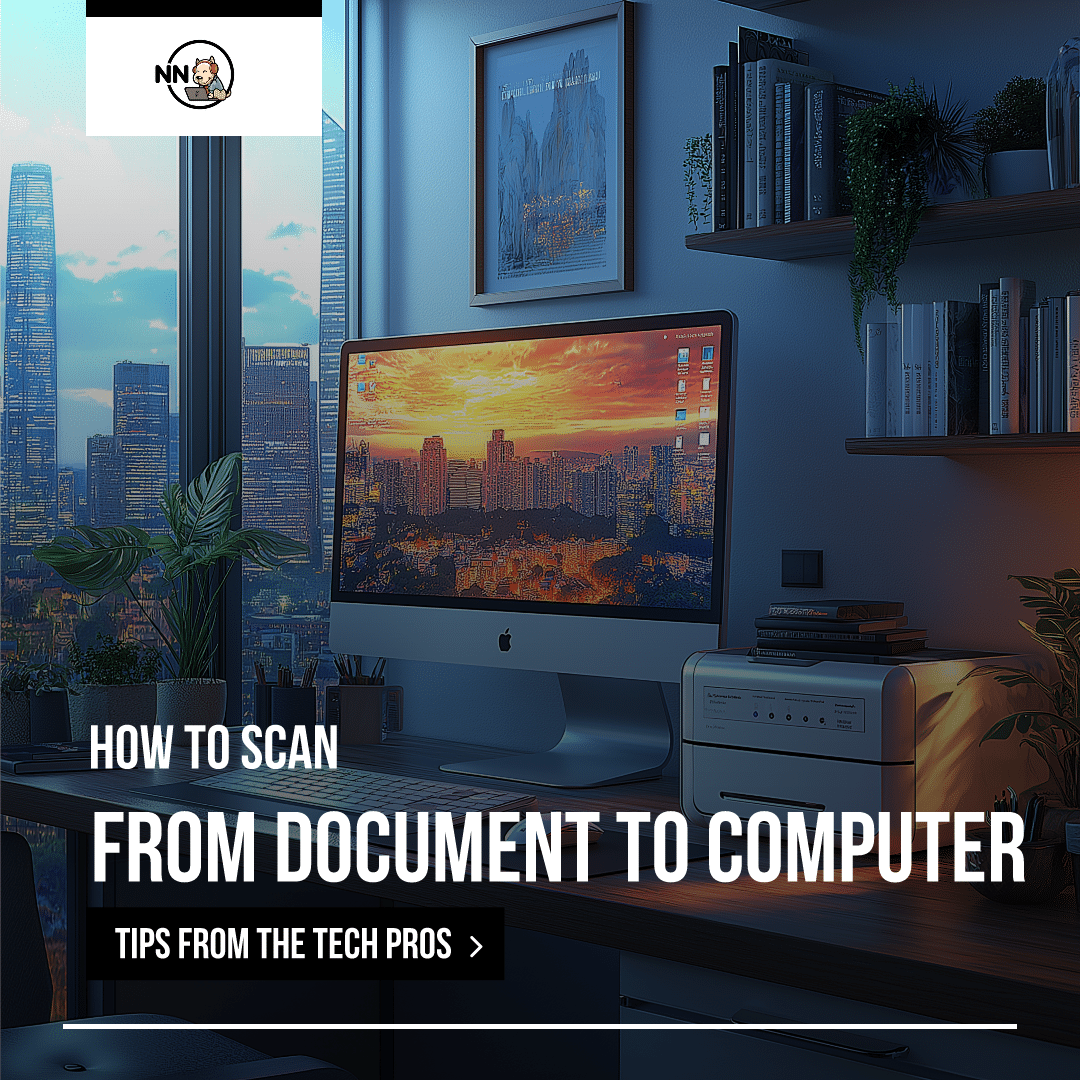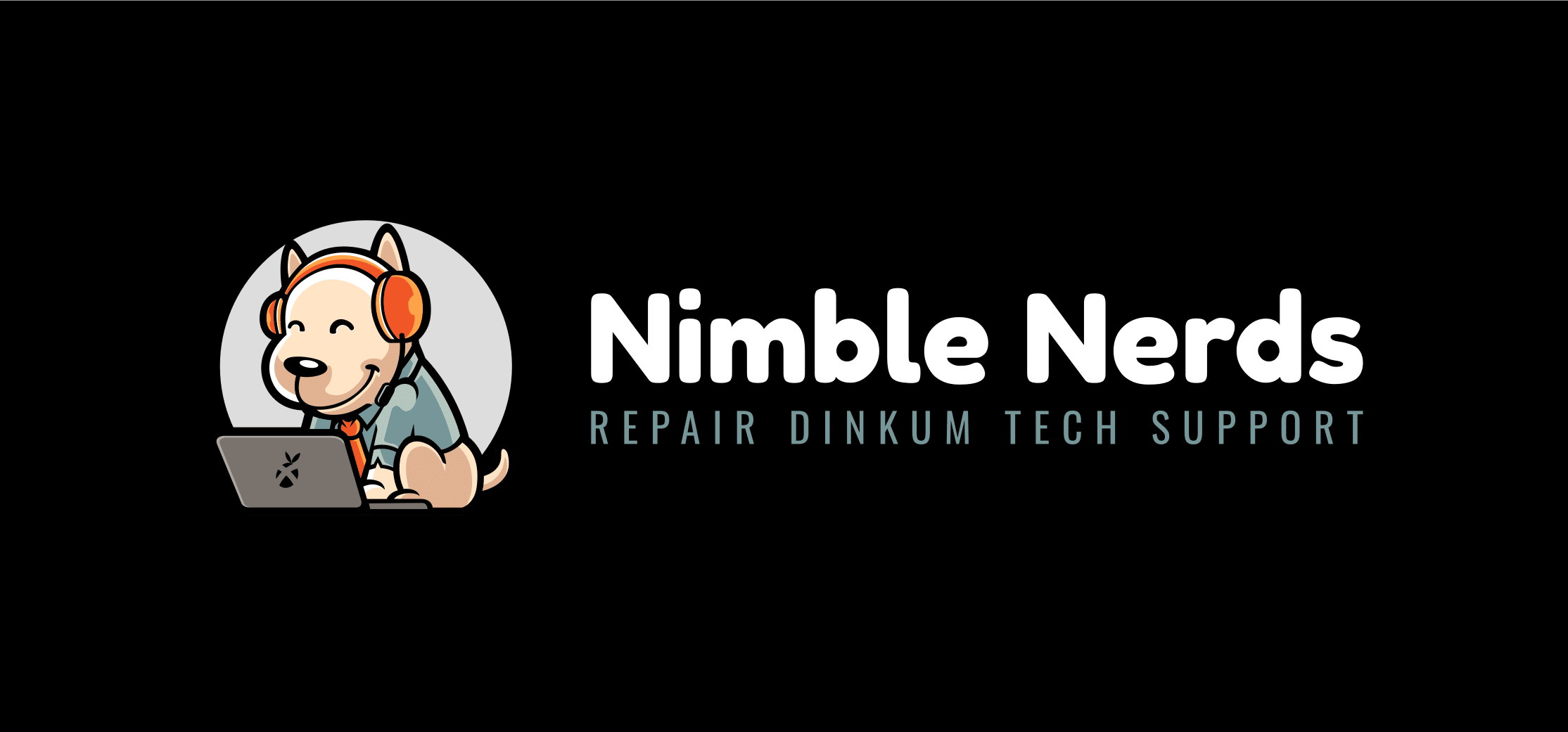Have you noticed your machine is getting slower these days? You’re not the only one. It’s usual for computers to start slowing in response times and lagging as they gather software, temporary internet files and updates, among more severe problems occurring over time. This guide explains why your PC’s speed may decrease and provides tips to boost its performance. We’ll discuss factors like hardware constraints and failures and software adjustments you can implement yourself so you’ll be equipped with the know-how to maintain your PC’s performance.
Key Strategies to Speed Up Your PC
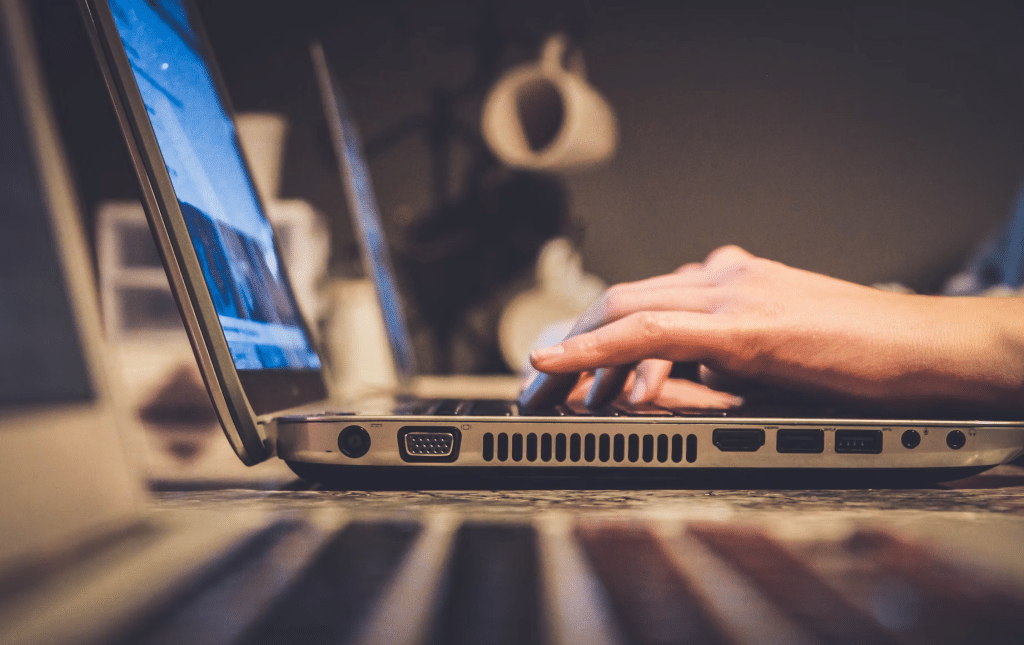
Understanding Your PC’s Resources
Your computer’s performance relies heavily on its hardware capabilities. The speed of your processor, the amount and speed of your memory, the type and capacity of your hard disk, and the specifications of your graphics card all play roles.
Other considerations, such as the machine’s temperature, the Internet connection’s bandwidth, search indexing, storage usage, drive RAID setups, and the speed of PCI E slots, can also impact how fast your computer is in several performance categories.
To speed up Windows and enhance these resources, begin by reviewing your computer’s specifications. Additionally, utilize tools like Task Manager to monitor CPU and RAM usage to prevent issues. You may need to upgrade components, like increasing RAM capacity, migrating the primary drive to a solid-state drive (SSD), or implementing better cooling solutions. In addition, the quality of the motherboard, while secondary to many other causes, can also affect better performance.
Learn more about Task Manager.
The Power of Restarting and Your PC’s Speed
Sometimes, the simplest solutions can be the most effective. Rebooting your PC can help clear out unnecessary files, shut down background applications, and give your system a performance boost, often leading to noticeable enhancements in performance. Also, this practice allows for improved distribution of system resources.
To maximize the benefits of a reboot, it’s advisable to make restarting your computer a regular part of your routine once a day. This practice is particularly useful if you keep your computer running for longer periods.
Furthermore, consider restarting as a troubleshooting step before delving into complex solutions. It’s a straightforward way to address minor and odd issues one at a time.
Learn more about why should you restart your computer
Utilization Analysis on Your PC’s Speed

Management of system performance involves keeping an eye on how system resources are utilized. Excessive CPU and RAM usage, mainly caused by too many programs running at startup, software applications and unnecessary startup programs (bloatware), can significantly slow down your computer operations.
Errors can do it, too. By monitoring system utilization, you can evaluate how much CPU and RAM are being utilised at all times across graphs.
To conduct utilization analysis, the Task Manager tool is used to identify which programs and processes are consuming resources. Select Task Manager to view details, delete files, and disable programs through the Startup tab in Task Manager.
Navigate through installed programs to uninstall any unused programs or bloatware. Doing so will free up system resources and can contribute to an overall improvement in performance.
Bandwidth and Internet Speed
Your Internet connection can significantly influence your computer’s speed. Factors like running all the programs in the background, such as Chrome running a lot of tabs at once, uploading to cloud storage, WiFi speeds, your internet subscription plan and other users sharing your network can all impact your experience.

There are ways to improve this, too. To boost your internet speed, close any background apps that consume bandwidth. Ensure that your internet plan meets your requirements, and consider upgrading if needed. Opting for an Ethernet connection over WiFi can offer a faster link.
Additionally, improving network traffic management and prioritizing applications can enhance PC’s speed and performance further. Virus infections can also strongly affect Internet connections’ qualities as they constantly upload or download data. Use threat protection and perform a quick scan to ensure your system is clean.
Learn more about slow internet connections
Identifying Hardware Failures
Issues related to hardware in drives may not always manifest suddenly. They could gradually cause a decrease in your computer’s performance over a period of weeks or even months.
Being able to spot these warning signs can help prevent data loss and improve your PC’s efficiency. It’s important to identify and address hardware problems to keep your computer running smoothly.

Built-in tools like the Windows Check Disk utility can identify hardware issues. Listen for any noises coming from your drive, as they could indicate a failure.
Keep an eye on your system’s health using software that monitors your drive’s status and promptly replaces any failing components. Regular maintenance and timely upgrades play a role in ensuring that your system performs at its best.
Explore Windows tips and optimize your settings through the settings app to improve overall system efficiency. Adjustments in the advanced tab can also enhance system performance. Navigate to the file explorer and clean up all your files by removing unnecessary items.
Use the search bar to find what you need quickly. Additionally, activating game mode can optimize gaming performance, and managing installed apps can help streamline your operating systems.
Learn more about hardware issues
Combating Malware Infections

If your computer gets infected with malicious software, it can really slow down your PC’s speed and performance by consuming a lot of system resources. To avoid this, it’s essential to scan your system and remove any malware threats.
It’s vital to have practices for detecting and removing malware in place to ensure the operation of your slow computer. Make sure to check the system protection tab and adjust the visual effects settings to optimize performance.
To protect against malware, install and update an anti malware software program. Run system scans regularly to detect and eliminate threats. Be cautious when downloading files or opening email attachments, and avoid visiting websites.
Keeping your operating system and software up to date can also help defend against vulnerabilities that malware could exploit.
Learn more about virus removal
Managing Browser Tabs
Running tabs in your web browser can consume RAM, slowing down your computer’s performance. This is especially noticeable with heavy resource-hogging browsers like Chrome.
If you want to change how you browse the internet, consider switching to browsers like Mozilla Firefox or Microsoft Edge, which are known for being lighter on system resources.

To effectively manage browser tabs, you can use extensions that help suspend tabs, reducing their impact on your system’s performance. Regularly clearing your browser’s cache and cookies can free up space.
If you enjoy using Chrome, these suggestions can enhance its performance without requiring you to change your browsing habits.
Learn more about which are the best browsers and why
Practical Tips to Speed Up Your PC
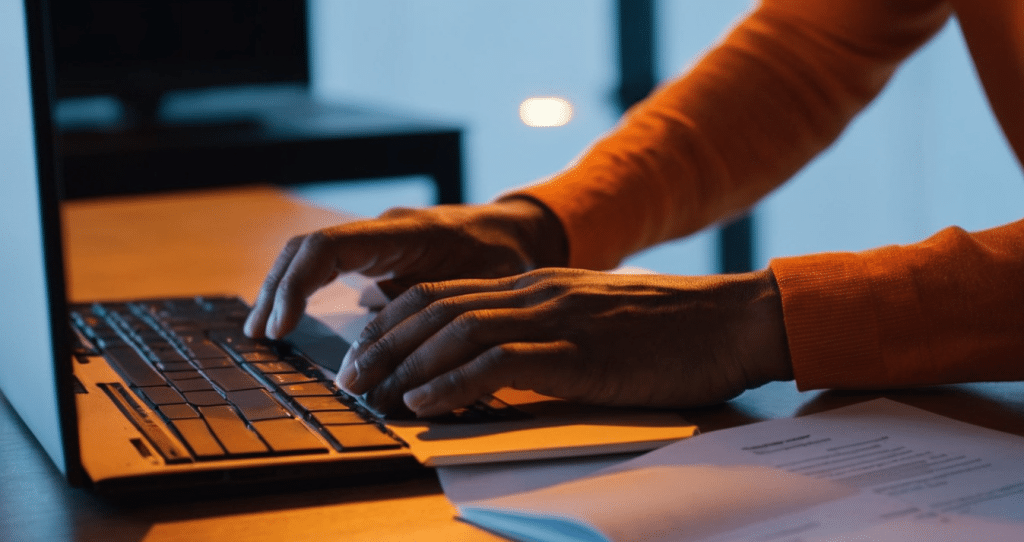
Clear Temporary Files
Over time, temporary files can take up disk space on your computer, slowing down its performance. To free up space and improve your PC’s speed, tidy up these files. You can use tools like Disk Cleanup to remove these files.
To clean out the files, access Disk Cleanup from the Start menu. First, choose the drive you want to clean up and select the types of system files you want to delete, such as internet files and system cache.
Afterwards, click OK to proceed with deleting them. For performance, it’s also a practice to regularly empty your recycle bin files and clear out files from your downloads folder.
For those looking for a free tool to help manage system performance, Windows Defender and the Optimize Drives tool are built-in options that can provide a speed boost to your system. Additionally, managing your OneDrive Files On-Demand and organising your personal files can free up resources and improve system responsiveness.
Learn more about how to delete temp files
Perform Disk Cleanup
Performing disk cleanup is a maintenance task that helps declutter your drive and create space, ultimately boosting your PC’s speed. You can use built-in tools like Disk Cleanup or third-party software for a cleanup process.
To initiate disk cleanup, windows search for “Disk Cleanup” in the search box, select the drive you wish to clean, and follow the on screen instructions to scan for files. Choose the file types you want to delete, such as downloaded program files, and confirm the deletion process. For cleaning junk files, consider utilizing tools like CCleaner or storage sense.
Learn more about windows disk cleanup
Update and Optimize Device Drivers
Having outdated drivers on your system can lead to conflicts and slow performance. Updating and optimising your device drivers is essential to ensure your hardware works smoothly. You can do this using Windows Update or visiting the manufacturer’s website to download the drivers.
To check for driver updates, open Device Manager from the Control Panel, right-click on each device, and choose to update the driver. Another option is to visit the manufacturer’s website for driver downloads. Using software to update drivers can also help automate this process and ensure all drivers are current.
Learn more about updating drivers
Monitor Background Processes
Background processes running on your Windows 10 computer can use many system resources, impacting performance. Monitoring and controlling these processes using Task Manager is essential to keep your PC running. Close any unnecessary programs to free up resources and improve your computer’s speed.
Open Task Manager and navigate to the Processes tab. Here, you can sort processes by CPU or memory usage. Right-click on any resource applications and end tasks that are not essential and select End Task. Regularly monitoring and managing background processes will help ensure your system’s performance.
Additionally, you can manage startup processes using the Startup tab in Task Manager to limit programs that run automatically when your computer starts.
Optimize Internet Settings
The quality of your internet connection impacts your computer performance. Optimize your WiFi settings and upgrade your internet plan if you have a few users on the connection or consistently see poor load speeds. This will make things typically load faster.
You can log in to your modem and adjust the Quality of Service (QoS) settings to prioritize applications that require excellent Internet speeds. Moreover, you can keep your router firmware updated. You might also consider using a WiFi mesh system, multiple access points for better coverage, or even a dedicated ethernet cable to improve connection.
Placing your modem near devices emitting frequencies like microwaves or trying to transmit signals through thick walls can negatively impact WiFi performance.
Speed Up Your PC with Nimble Nerds

If you find yourself stuck or uncertain about any steps mentioned here, don’t worry—Nimble Nerds are just a phone call away. Our friendly technicians are available to chat from your initial enquiry with a speedy callback and can provide advice and offer services to optimize your computer’s performance.
A provider who understands and resolves issues patiently and effectively.
Whether you need a suggestion or detailed assistance at your location, we’re always available to help.

